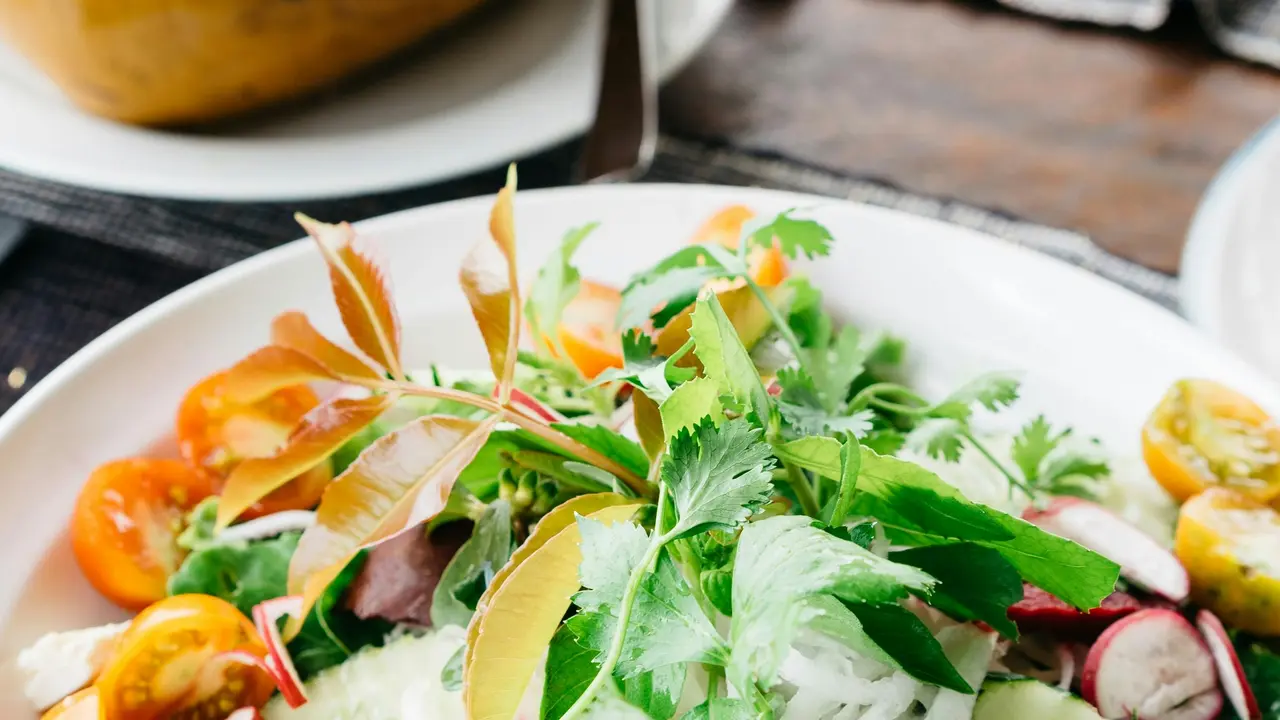Are you wondering what vitamins help with bruises? If so, you’re not alone! Many people experience bruising at some point in their lives, and understanding how vitamins can aid in recovery can be invaluable. In this article, we will explore the key vitamins that may assist in healing bruises, along with natural remedies to enhance your recovery process. Keep reading to discover the secrets to faster healing!
What Vitamins Help with Bruises? The Healing Power of Vitamin C
Vitamin C and Collagen Production
Vitamin C plays a crucial role in the body’s ability to heal bruises. This essential vitamin is vital for the production of collagen, a protein that helps repair skin and blood vessels. When you sustain an injury, your body requires ample vitamin C to form new tissue and reduce inflammation.
Food Sources of Vitamin C
To boost your vitamin C intake, consider incorporating the following foods into your diet:
- Citrus fruits (oranges, lemons, grapefruits)
- Berries (strawberries, blueberries, raspberries)
- Leafy greens (spinach, kale)
- Bell peppers
- Tomatoes
Understanding the Benefits of Vitamin K for Bruises
Vitamin K and Blood Clotting
Another essential nutrient when considering what vitamins help with bruises is Vitamin K. This vitamin is important for proper blood clotting, which is crucial for stopping bleeding and promoting healing in bruised areas. It helps your body repair damaged blood vessels, reducing the appearance of bruises over time.
Foods Rich in Vitamin K
Incorporating foods high in vitamin K can be beneficial. Consider adding these items to your meals:
- Leafy greens (collard greens, broccoli, Swiss chard)
- Fermented foods (natto, sauerkraut)
- Meat and dairy (eggs, liver)
The Role of Vitamin E in Skin Health
Vitamin E and Antioxidant Properties
Vitamin E is well-known for its antioxidant properties, making it an essential vitamin in promoting skin health and healing. This vitamin helps to protect cells from oxidative stress, which can occur after an injury like bruising. By reducing damage to the skin, vitamin E can facilitate quicker recovery.
Natural Sources of Vitamin E
To enhance your vitamin E levels, consider adding these foods to your diet:
- Nuts (almonds, hazelnuts)
- Seeds (sunflower seeds)
- Vegetable oils (sunflower oil, olive oil)
- Green leafy vegetables
Additional Nutritional Support: Zinc and Protein
Zinc’s Role in Healing
Zinc plays a vital role in the body’s healing processes by participating in cell division and growth. Having sufficient zinc can help your body recover more effectively from bruises.
Protein’s Importance in Tissue Repair
Protein is also integral to the healing process. It helps repair tissue and build new muscle. Including adequate protein in your diet ensures your body has the necessary building blocks to heal.
Sources of Zinc and Protein
Boosting your intake of these nutrients can be achieved with the following foods:
- Meat (beef, poultry)
- Seafood (oysters, crab)
- Legumes (beans, lentils)
- Dairy products (cheese, yogurt)
Natural Remedies to Enhance Bruise Healing
Herbal Remedies
In addition to focusing on vitamins, you might consider herbal remedies known for their anti-inflammatory and healing properties, such as:
- Arnica: Applied topically, arnica is thought to reduce swelling and bruising.
- Bromelain: An enzyme found in pineapples that may help reduce inflammation and promote healing.
Topical Treatments
Besides supplements and dietary changes, topical treatments can promote faster healing. Consider using:
- Cold compresses: To reduce swelling and pain.
- Over-the-counter creams or gels containing vitamin K or arnica.
Tips for Preventing Bruises
Protecting the Skin
While understanding what vitamins help with bruises is essential, prevention is equally valuable. Here are a few tips to help you minimize bruising:
- Wear protective gear during physical activities.
- Avoid rapid movements or activities that could lead to falls.
- Maintain a balanced diet rich in vitamins and minerals to strengthen skin health.
When to Consult a Healthcare Professional
Recognizing Serious Conditions
If you notice frequent bruising without apparent cause or if bruises take an unusually long time to heal, it is crucial to consult a healthcare professional. This could be a sign of an underlying health condition requiring treatment.
Supplement vs. Natural Sources
While it’s often best to get your vitamins from natural food sources, supplements can help if dietary intake is insufficient. Consult with a healthcare provider before starting any supplementation regimen.
In conclusion, vitamins play a significant role in managing and healing bruises. Vitamin C, K, and E, along with minerals like zinc and adequate protein intake, can facilitate quicker recovery. Additionally, incorporating natural remedies and preventive measures will further enhance your healing journey. Don’t forget to share this article with friends or check out our other informative posts on health and wellness for more tips! Your path to bruises recovery starts here!
Vitamins – Recent Articles
- Do Vitamins Affect Birth Control? Surprising Truth Revealed!
- Are the Gummy Prenatal Vitamins Good? Discover the Benefits!
- Do Vitamins Break Intermittent Fasting? Find Out the Truth!
- Are Black Girl Vitamins Good? Unveiling the Health Benefits!
- Will Prenatal Vitamins Help Get You Pregnant? Find Out Now!
Vitamins – Useful Links
- NIH Office of Dietary Supplements — Vitamin and Mineral Supplement Fact Sheets
- WHO — Vitamin and Mineral Nutrition Information System (VMNIS)
- MedlinePlus — Vitamins (Encyclopedia)
- CDC — Micronutrient Facts
- NHS — Vitamins and minerals
